How to Tackle the Danish Job Market in 2025 – It’s About Breaking Through
Explore Denmark’s job market, in-demand careers, and how to secure a work visa with ease.
Denmark’s Job Market in 2025: Small Country, Big Opportunity
If you’re new to the idea of working in Denmark, here’s the scoop: despite being a nation of under 6 million people, Denmark punches well above its weight when it comes to employment and innovation. In early 2025, the national employment rate hovered around 74.1%, one of the highest in the EU, with particularly strong demand in sectors like IT, engineering, construction, healthcare, and life sciences. Denmark is also home to over 300,000 foreign workers, and that number is steadily growing as companies look abroad to fill skills gaps. With generous parental leave, an average workweek of just 37 hours, and a culture that deeply respects work-life balance, it’s no wonder so many professionals are setting their sights on this Scandinavian gem.
Source: Statistics Denmark, Work in Denmark, Eurostat (2025)
What to Know
The Danish Job Market in 2025
Denmark offers a dynamic and competitive job market with a strong focus on innovation, sustainability, and work-life balance. The country is known for its highly skilled workforce, flat organizational structures, and a collaborative work culture that encourages employee autonomy. With a strong economy and a demand for international talent, Denmark presents excellent opportunities for skilled professionals across various industries.
Key Industries
Denmark’s economy is driven by key industries such as life sciences, renewable energy, IT & tech, manufacturing, and food production. The country is a global leader in sustainability, wind energy, and biotechnology, making it an attractive destination for specialists in these fields. Additionally, the maritime, finance, and logistics sectors continue to offer promising career opportunities.
Work Culture & Conditions
The Danish workplace is characterized by flexibility, trust, and efficiency. Employees enjoy some of the best working conditions in Europe, including a standard 37-hour workweek, strong labor rights, and generous parental leave policies. Denmark’s “flexicurity” model ensures job mobility while providing financial security, making it one of the best countries for work-life balance.
Job Opportunities for Foreign Workers
Denmark actively recruits international talent, particularly in sectors experiencing labor shortages. The Positive List highlights high-demand professions, making it easier for skilled workers to obtain a Danish work visa. The country also has visa schemes like the Fast-Track Scheme and the Pay Limit Scheme, allowing foreign professionals to access the job market more efficiently.
Finding a Job in Denmark
Job seekers can explore opportunities through online job portals, recruitment agencies, and company career pages. Networking plays a crucial role in the Danish job market, with many positions filled through professional connections. Expats are encouraged to learn Danish, as language proficiency can significantly improve job prospects, even in international companies.
Entrepreneurship & Startups
Denmark offers a welcoming environment for entrepreneurs, with streamlined business registration, access to startup hubs, and government-backed funding options. The country encourages innovation through initiatives like Startup Denmark, which supports non-EU founders with scalable business ideas. While English is widely used in business, building local networks and understanding Danish work culture can greatly enhance your startup’s success.
Recommended content
Explore Denmark
Vil Du Lære Dansk?
The Danish language can be a challenge, but it’s also a gateway to deeper integration and everyday ease in Denmark. In this guide, we explore how to learn Danish, what resources are available, and why even basic skills can make a big difference. Whether you’re just starting out or looking to improve, this is your roadmap to mastering Danish.
Danish Work-Life Balance
Denmark is world-renowned for its exceptional work-life balance, where a 37-hour workweek, flexible schedules, and generous vacation time are the norm. In this guide, we break down what makes Danish workplace culture so unique, how it benefits both employees and employers, and what you can expect when working in Denmark. If you’re seeking a healthier balance between work and life, Denmark sets the gold standard.
Featured Articles
Is Greenland Part of Denmark? It’s Complicated.
Greenland is part of the Kingdom of Denmark—but with a twist. While it has its own government and growing independence, Denmark still plays a major role in areas like foreign policy and funding. In this section, we break down the unique political, cultural, and economic relationship between Greenland and Denmark—what connects them, what separates them, and why it matters today.
Sorry Britannia—Denmark Really Does Rule the Waves. Here’s Why.
Denmark punches well above its weight when it comes to the sea. From global shipping giants to cutting-edge green maritime tech, Denmark has quietly become a world leader on the water. In this article, we dive into how this small nation outpaces the competition—and why it might just be the true ruler of the waves.
Contact/FAQs/Articles
Contact Us Anytime
Reach out to us for personalised advice or to schedule a consultation.
Thinking about moving to Denmark? We’re here to help! Whether you need guidance on work visas, residency permits, housing, or life in Denmark, our team is ready to provide clear, advice tailored to your situation.
FAQs about Moving to Denmark
Your Essential Questions Answered: Everything You Need to Know About Moving to Denmark.
Learn More About Work/Life in Denmark
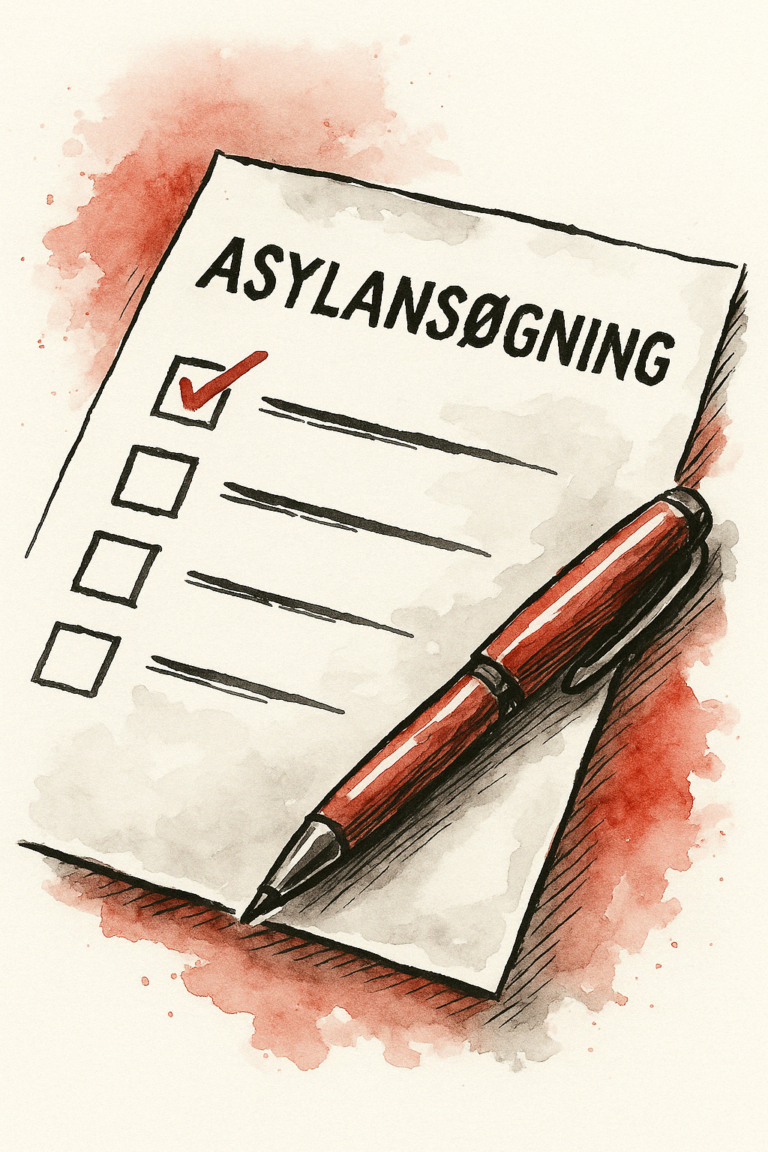
Special Visas Including Asylum in Denmark
Understanding special visas including asylum in Denmark is essential if you seek protection or specialized residency due to unique circumstances. This step-by-step guide will walk you logically through the entire process, clearly explaining each crucial stage. 1. Types of Special…
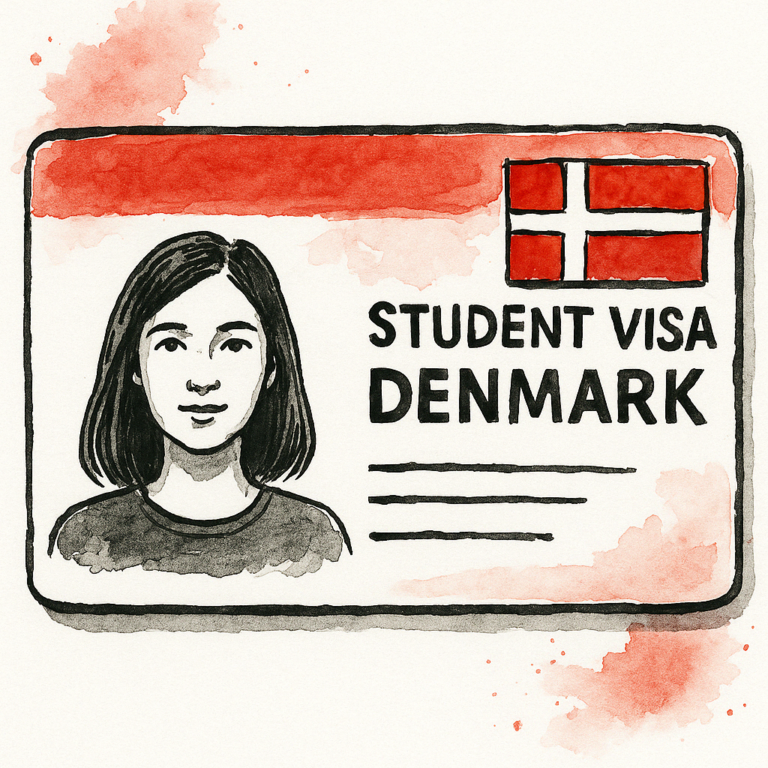
Study and Other Visas in Denmark
If you plan to study or stay in Denmark for reasons other than employment or family reunification, understanding the process of obtaining study and other visas in Denmark is crucial. This detailed guide covers everything from eligibility criteria to the…
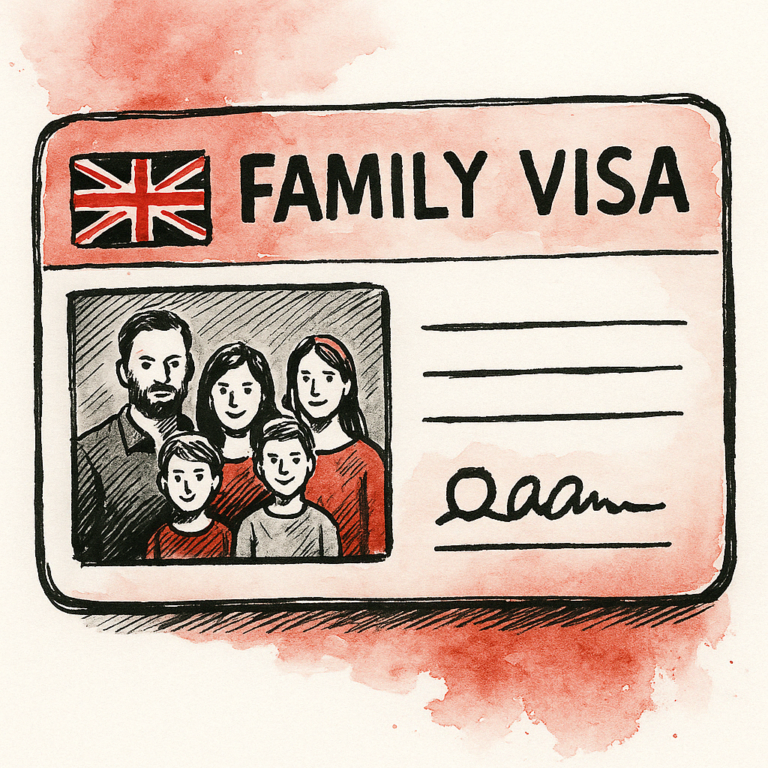
Family Reunification Visa in Denmark
If you’re planning to join your family in Denmark, understanding the process and requirements of a family reunification visa in Denmark is crucial. This guide thoroughly explains the application process, eligibility criteria, and compliance to help you smoothly reunite with…
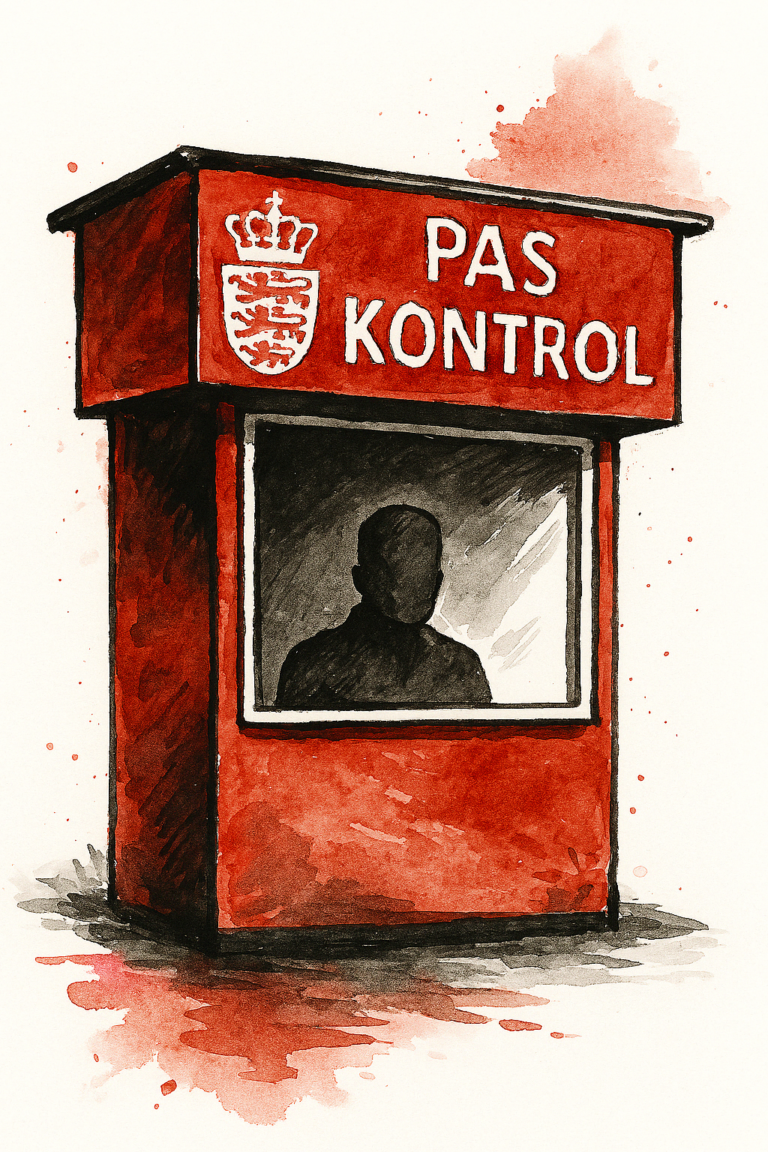
Long-Stay Visas & Residence Permits in Denmark
If you’re planning an extended stay in Denmark for work, study, or family reunification, understanding Long-Stay Visas (National Visas & Residence Permits in Denmark) is essential. This comprehensive guide covers the necessary steps, documentation, and compliance rules to smoothly navigate…
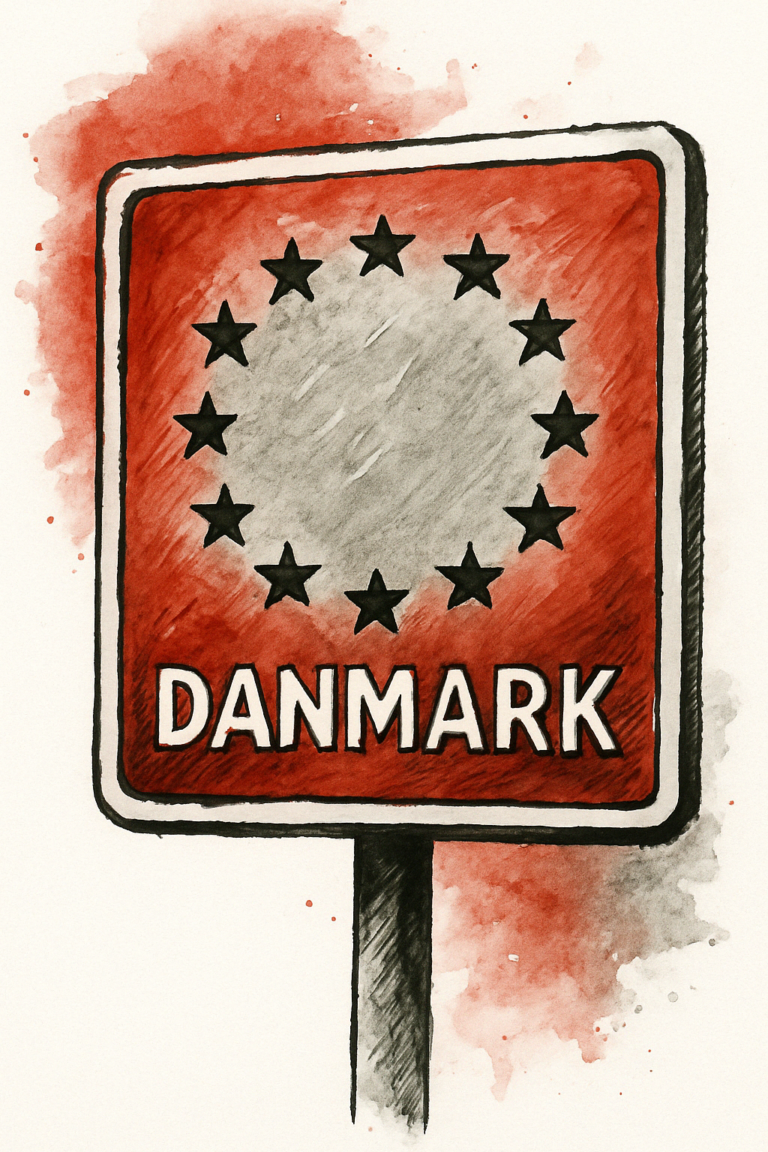
Short-Stay Visas in Denmark
Understanding short-stay visas (Schengen visas) is essential if you’re planning to visit Europe for tourism, business, or personal reasons. This guide provides comprehensive details on obtaining, using, and complying with the Schengen Visa rules, ensuring your travel plans go smoothly….
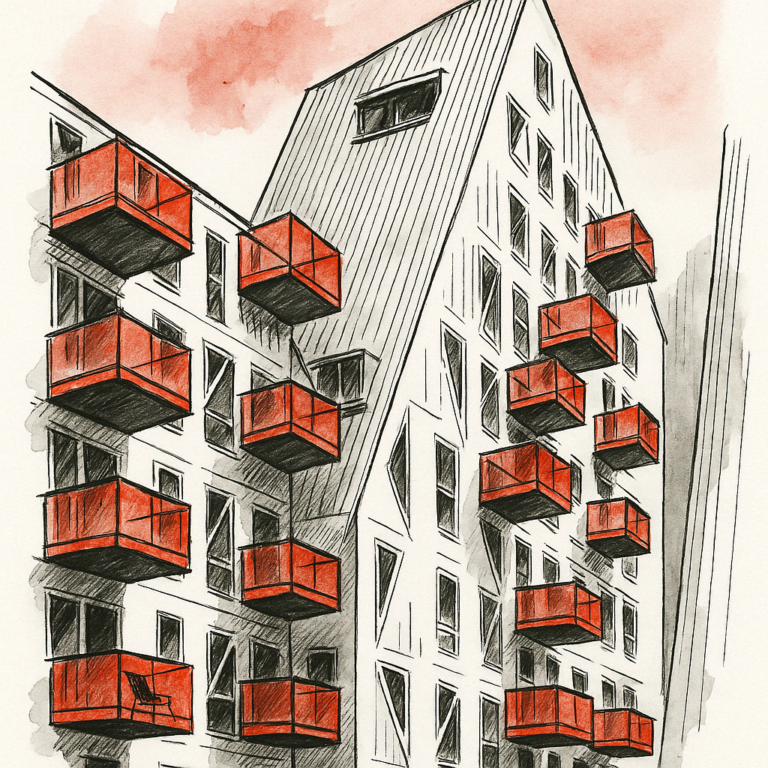
Healthcare in Denmark
Healthcare in Denmark is universally regarded as one of the best systems in the world. The country provides a high standard of healthcare services to its residents and expats, offering universal access through its publicly funded system. Whether you’re moving…
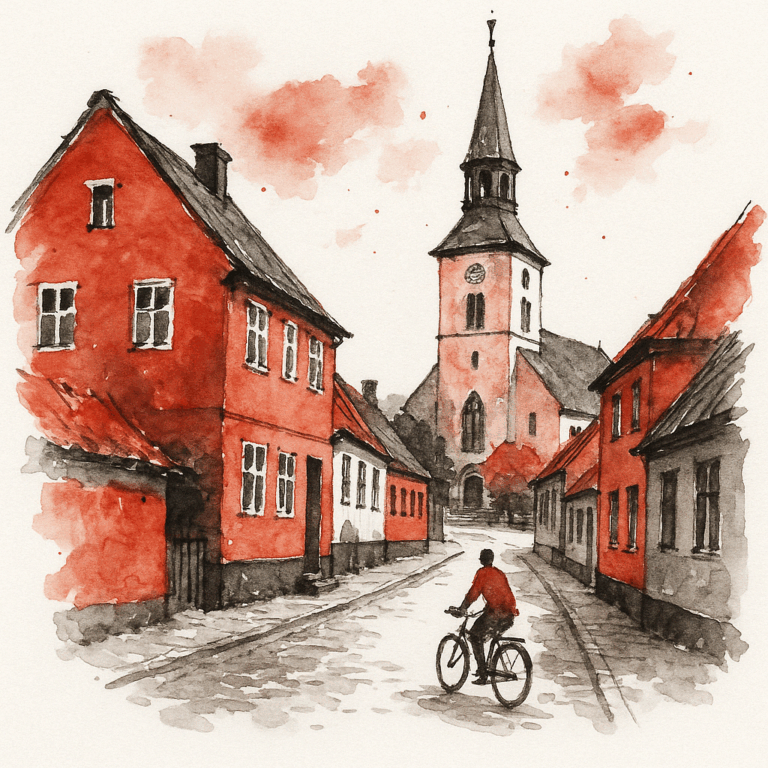
Everyday Life & Practicalities in Denmark
Everyday life & practicalities in Denmark are essential aspects for anyone planning to live, work, or travel to Denmark. Whether you’re a new expat, a tourist, or just curious about Danish culture, understanding how things work on the ground will…

Healthcare & Well-being in Denmark
Understanding healthcare & well-being in Denmark is essential for expats looking to settle in the country. Denmark offers a robust healthcare system that is publicly funded and provides a wide range of services for both residents and visitors. This guide…

Danish Language Courses Copenhagen for Expats
If you’re an expat living in Copenhagen, learning Danish is one of the most important steps to integrate into Danish society. Whether you’re looking for free Danish classes Copenhagen for foreigners, affordable Danish language schools Copenhagen, or intensive Danish courses…
